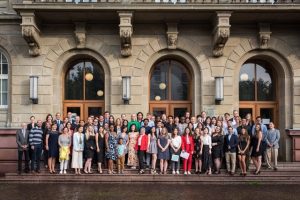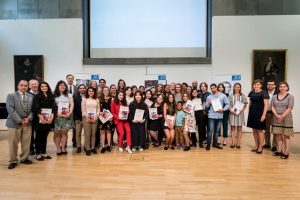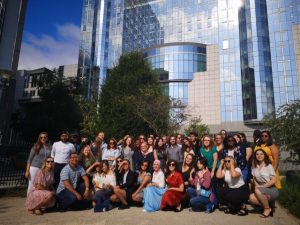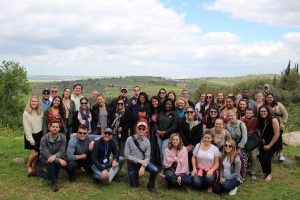Study Abroad Information Session

Any law student interested in Study Abroad opportunities during calendar year 2020 — which includes the Spring 2020 academic semester, the summer 2020 semester, and the Fall 2020 academic semester — should plan on attending an information session that will take place on Thursday September 5 from 12:00 pm until 1:00 pm in Room 257 of the Law School.
Attendance at this information session is MANDATORY for any student who wishes to participate in a semester long exchange at the University of Copenhagen, the University of Comillas (Madrid), or the University of Poitiers (France) during the year 2020.
This information session will provide details on fast-approaching application deadlines for the semester exchanges, and will also discuss how to apply for the 2020 Summer Session in Giessen Germany and the International Conflict Resolution trip over Spring Break.
Contact Professor Ed Fallone for more information at edward.fallone@marquette.edu.



